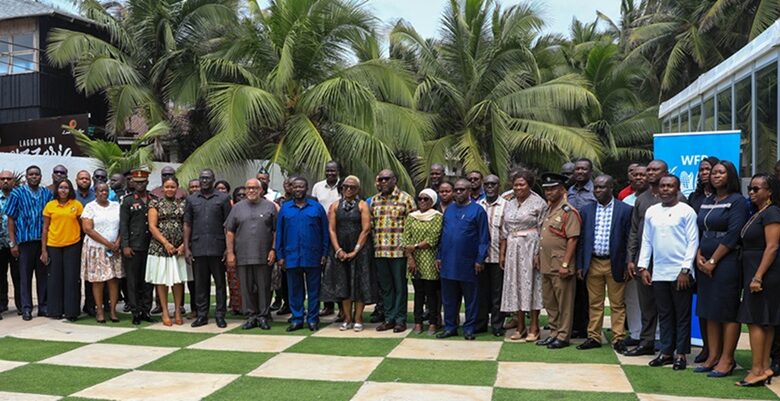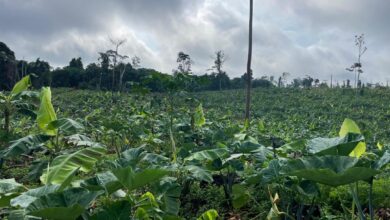Ghana moves to strengthen climate, disaster risk reduction

THE Government of Ghana, through the National Disaster Management Organization (NADMO) and with support from the United Nations, is moving forward with plans to establish an effective framework for managing climate and disaster risk reduction (DRR) across the country.
This follows the findings and recommendations from a comprehensive national and local capacity assessment conducted in 2022, which were presented in Accra on August 13, 2024.
The 2022 assessment identified critical gaps in Ghana’s disaster risk management capabilities, particularly in agriculture, energy, social protection, the environment, and water and sanitation sectors.
It emphasized the need for robust preparedness and response plans to address these gaps and urged stakeholders to incorporate lessons learned from past experiences. The report also highlighted the uneven distribution of climate impacts, stressing that certain communities are more vulnerable than others and that inclusive strategies are essential to ensure that no one is left behind.
Speaking at the event, NADMO’s Director General, Hon. Eric Nana Agyemang Prempeh, noted that these findings would be instrumental in shaping Ghana’s National DRR Strategy, a key requirement for UN member states committed to the Sendai Framework for Disaster Risk Reduction 2015-2030.
He called on stakeholders, particularly those within the UN system, to support NADMO in coordinating the implementation of the report’s recommendations.
UN Resident Coordinator, Mr. Charles Abani, praised Ghana’s vision of self-resilience, underscoring the UN’s commitment to prevention-focused support.
He emphasized the importance of integrating the assessment’s findings into existing policies and programs to strengthen Ghana’s DRR and climate adaptation efforts.
Additionally, Mr. Abani highlighted the need for government investment in the Pwalugu multipurpose dam to mitigate flooding and support local livelihoods.
The 2022 assessment was a collaborative effort led by NADMO, with support from the UN Resident Coordinator’s office in Accra, the broader UN system in Ghana, and the Capacity for Disaster Reduction Initiative (CADRI) Partnership.
It represents a significant milestone in the partnership between the UN and the Ghanaian government to enhance the country’s disaster risk management, DRR, and climate change adaptation capacities.
The assessment involved extensive consultations with a wide range of stakeholders, including 23 central institutions, 52 local institutions, two civil society organizations, one private sector organization, three multi- and bilateral partners, and one university.
These consultations took place at national, regional, district, and community levels, ensuring a comprehensive understanding of the challenges and opportunities for disaster risk management in Ghana.
Following the presentation of the report, the next steps for the government include developing an implementation plan, preparing a capacity development plan, disseminating the findings and recommendations at regional and district levels, and harmonizing the planned actions with both national and international development frameworks.




